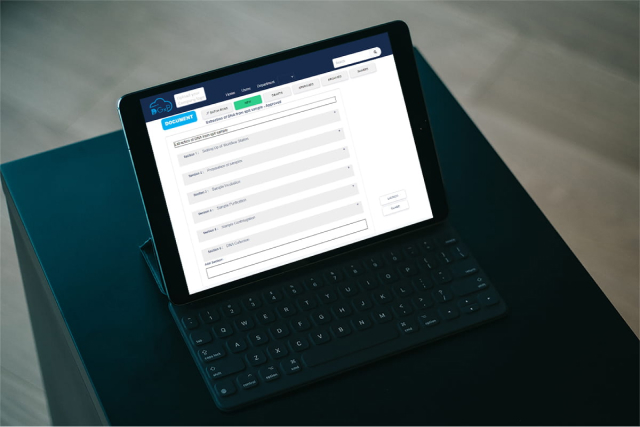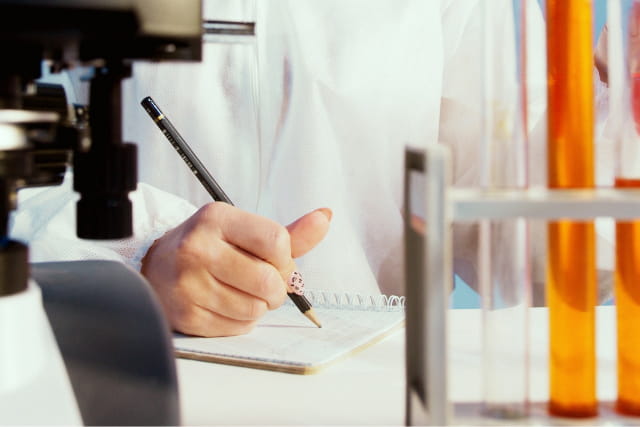Best Laboratory Practices for Quality Research
Laboratories are crucial in scientific research, and therefore, it is important to ensure that they are run in a safe and efficient manner. Good laboratory practice (GLP) provides a framework of guidelines to conduct safe research in the laboratory. For the proper functioning of laboratories, specific procedures along with technical details are significantly important.
Moreover, it make sense to develop such systems that share this information effectively and hold up best practices. Best laboratory practices rely on some basic principles that help ensure optimal laboratory functions and compliance. In this article, we will discuss the most essential practices that every researcher should follow to ensure the quality of their research.
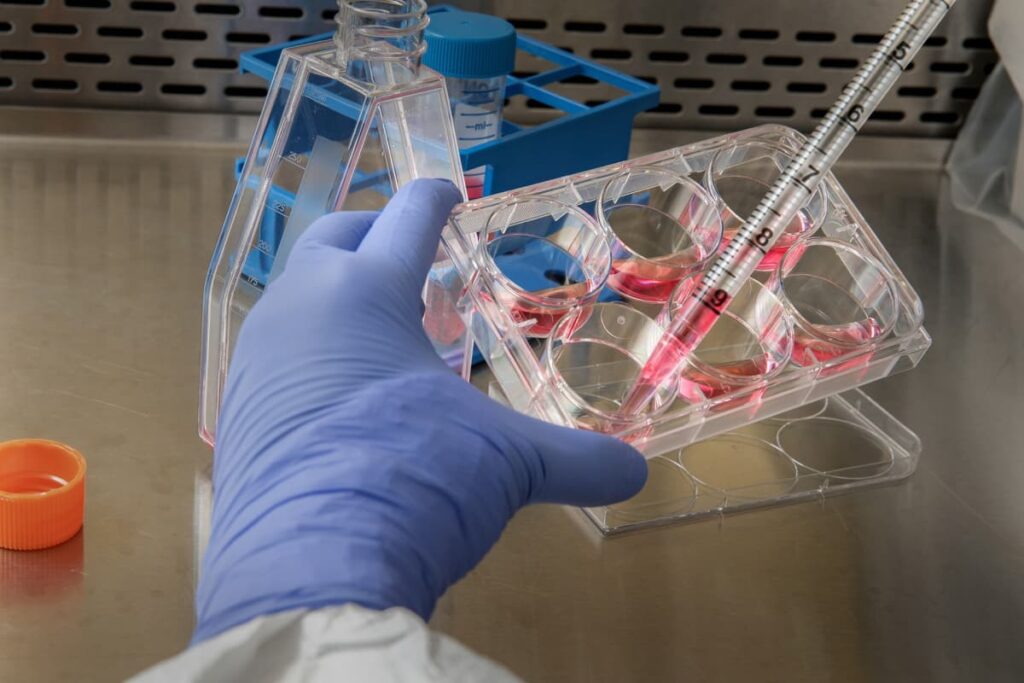
Always wear Personal Protective Equipment (PPE) in the laboratory
Some chemicals are hazardous and require a lot of care to handle. If working barehanded, there is always a great chance of any unexpected risk such as spilling, exploding, and splashing dangerous chemicals onto the skin as well as clothes.
PPE is one of the most important aspects of laboratory safety. Researchers should always wear PPE when working with hazardous chemicals or equipment. This includes lab coats, gloves, safety goggles, and face shields. The PPE should be cheap, durable, and replaceable to ensure that it is always available when needed.
Maintain good hygiene
Good hygiene is crucial in a laboratory setting. Researchers should wash their hands properly with soap and water after working with hazardous materials. Personal objects such as phones, jewelry, or makeup should not be allowed in the lab, as they can cause contamination. Additionally, lab coats should be washed regularly to maintain their cleanliness.
Always run control samples in your experiments
Running control samples is essential in validating experimental results. Control samples should be treated in the same way as the experimental samples to ensure that the results are accurate. Researchers should compare their experimental samples with the control samples to analyze their work accordingly.
Calibrate your equipment before use
Equipment calibration is necessary to take accurate measurements. It is important to calibrate equipment regularly to ensure that it is functioning properly. Failure to calibrate equipment can result in wrong measurements that can affect overall experiments.
Avoid using equipment that is exceedingly large for this job
Using the appropriate equipment is necessary for accurate measurements. Using equipment that is too large or small can cause measurement errors that can impact experimental results. Therefore, it is important to choose the right equipment for each experiment.
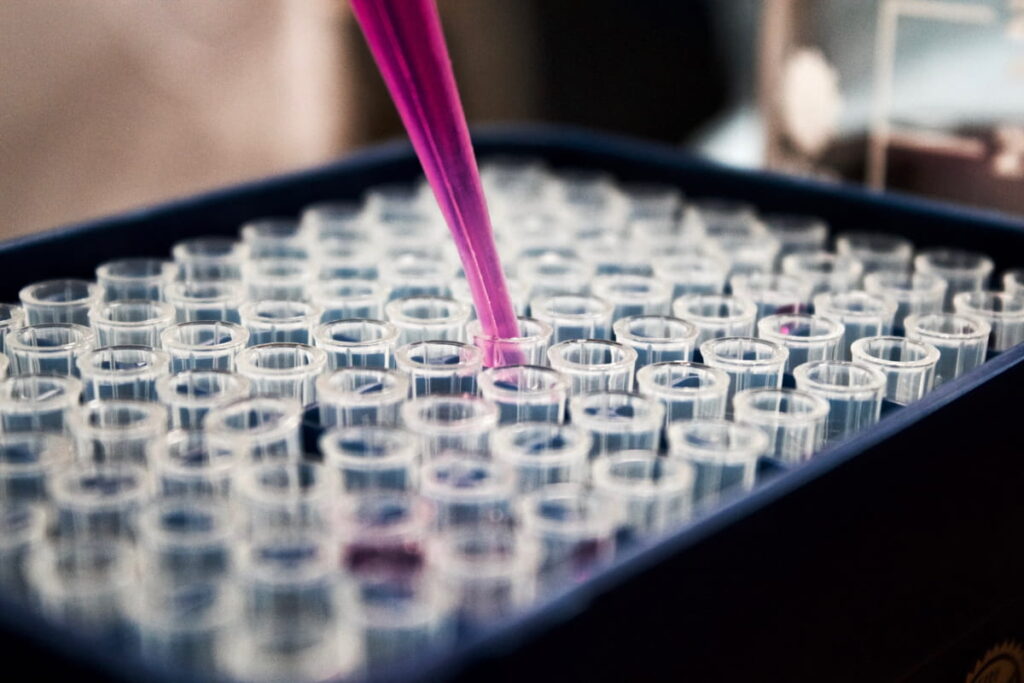
Always check the quality of your samples before use
Samples can be contaminated, and it is essential to check their quality before use. Researchers can use spectroscopy, gel electrophoresis, or other techniques to ensure sample purity. Sample purity is crucial in obtaining accurate results.
Label your workspace properly
Proper labeling is important in laboratory safety. All chemicals and containers should be labeled properly to inform researchers of the hazards associated with certain chemicals. This helps to prevent accidents and ensure the safety of everyone in the laboratory.
Don’t work alone in a laboratory
Researchers should not work alone in the laboratory. A collaborative work environment ensures that researchers receive quick support in case of emergencies or hazards. Researchers should communicate with their colleagues to share their findings and ensure the accuracy of their work.
Ensure effective laboratory management
Effective laboratory management is crucial in ensuring proper lab functioning. This includes enforcing useful principles and best practices, as well as managing laboratory staff and equipment. A well-managed laboratory is essential in achieving quality research results.
Laboratory Automation and LIMS
In addition to the above-mentioned laboratory practices, laboratories can also benefit from laboratory automation, laboratory information management systems (LIMS), electronic batch records, and manufacturing and quality software to optimize laboratory functions. These technologies help researchers to manage and organize their data, reducing errors and increasing efficiency.
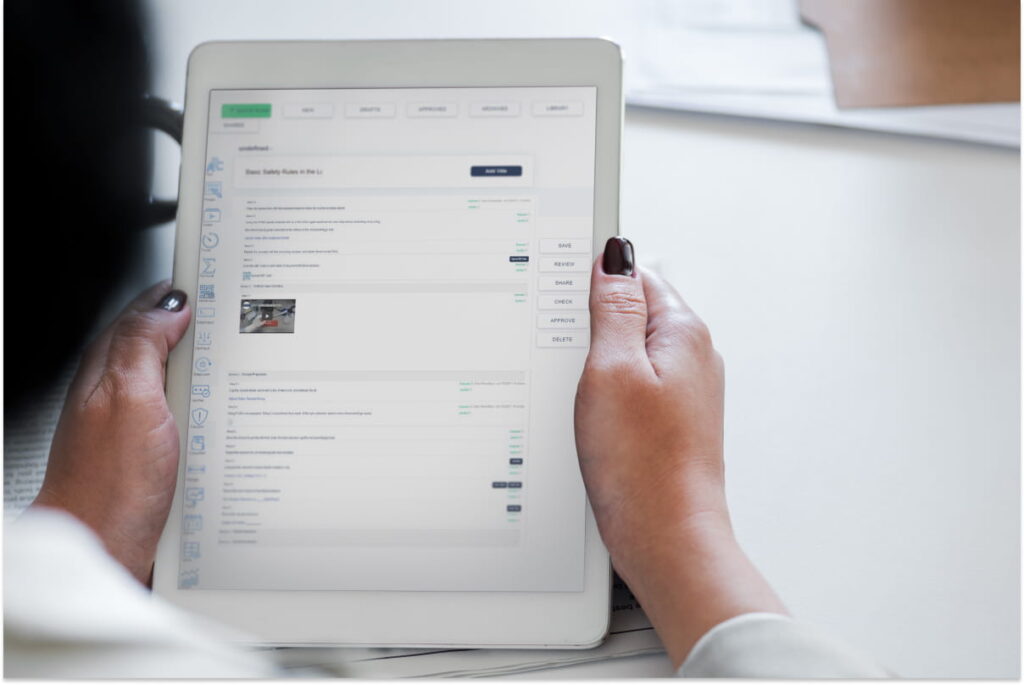
To further optimize laboratory functions, Digital GxP offers a complete end-to-end digital platform that helps labs and pharma companies to transition towards a paperless environment. Our platform enables research laboratories to embrace digital transformation and streamline their operations by eliminating manual processes and minimizing errors associated with paper-based systems. By using Digital GxP, researchers can automate laboratory processes, manage data efficiently, and reduce the risk of errors and non-compliance. Our product is designed to complement the best laboratory practices mentioned in this article, ensuring that researchers can achieve accurate and reliable results. With Digital GxP, researchers can experience the benefits of a collaborative work environment, effective laboratory management, and improved data organization, leading to better research outcomes.
In conclusion, laboratories are essential in scientific research, and it is important to ensure that they are run in a safe and efficient manner. Researchers should follow the best laboratory practices to ensure quality research. By following the basic guidelines and laboratory protocols, researchers can ensure that their experiments are accurate and reliable. The use of laboratory automation and LIMS can also help laboratories to optimize their functions and achieve quality research results.


